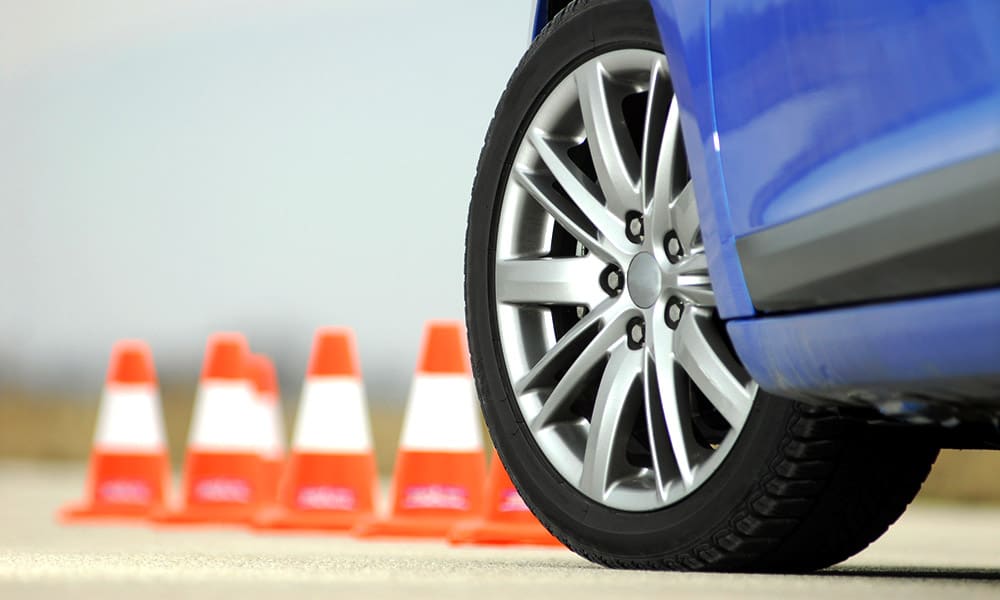Buying a car can be a large financial commitment, and there are lots of ways to go about it. If you don’t happen to have enough stashed away to cover the full cost, car finance can make driving away with a new set of wheels a possibility.
However, there are so many terms and acronyms it’s sometimes hard to know what’s what. But don’t worry, we’re here to guide you through it.
Car loan or personal loan
A car loan is essentially a personal loan. You don’t need a specific ‘car loan’ in order to buy a car. Any sort of unsecured personal loan will do the job. Under this option, you borrow a certain amount of money and repay it over a set period of time.
Should you invest £1,000 in Aviva right now?
When investing expert Mark Rogers has a stock tip, it can pay to listen. After all, the flagship Motley Fool Share Advisor newsletter he has run for nearly a decade has provided thousands of paying members with top stock recommendations from the UK and US markets. And right now, Mark thinks there are 6 standout stocks that investors should consider buying. Want to see if Aviva made the list?
Interest rates for unsecured personal loans are relatively low at the moment. If you have a good credit score, it is possible to get yourself a great deal. The advantage of using a personal loan is that you own the car from the moment you leave the dealer. You are essentially a cash buyer.
However, there are some drawbacks. You could end up tied into monthly payments for longer than you would with other types of car finance. Also, cars depreciate over time, but even if the value of your car has gone down you still need to pay back the loan in full.
Hire purchase (HP)
With a hire purchase agreement, the loan you take out is secured against the car you are buying. Essentially, you don’t own the car until the last payment has been made. Typically, you will need to put down a 10% deposit and make fixed monthly payments over a set time period.
The benefits of this type of finance are that it is easy to arrange with a low deposit and it offers flexible repayment terms. The downsides are that you won’t own the car until the final payment, so if you miss any repayments you could lose it. Also, HP tends to be the more expensive option for short-term agreements. And once again, car depreciation will come into play.
Personal contract purchase (PCP)
This is similar to a hire purchase agreement, but instead of getting a loan for the full cost of the car, you get a loan for the difference in price between its brand new value and its predicted value at the end of the agreement. This is usually based on a forecast of annual mileage over the term of the agreement.
This once again means that you don’t own the car from the beginning. At the end of the agreement there are three options. You can trade in the car and start again with a new one, hand the car back to the dealer, or pay a final payment (also known as a balloon payment) in order to keep the car.
The advantage of PCP is that the monthly payments are usually lower because you are borrowing a smaller amount. However, you could see yourself subject to additional charges at the end of the term if you exceed your agreed upon mileage, or if there is excessive wear and tear.
Personal Contract Hire (PCH)
Under this type of car finance you never own the car. You pay a fixed monthly amount for use of the car, then hand it back when the agreement ends.
Key advantages are that servicing and maintenance are usually included in the cost, and you will have greater flexibility to switch providers. Things to be aware of are that the monthly costs are typically higher than a PCP agreement because of the servicing and maintenance element. Also, if you exceed your mileage allowance, or if the car sustains any damage, you may face extra costs.
Credit card
Although this isn’t a specific car finance option, it is possible to purchase a car using a credit card. If you are able to get yourself a card that offers 0% on purchases, then you could potentially avoid interest charges on your new car. However, if you do go down this route, it is important to work to a repayment schedule and try to pay the full amount off before your card reverts to its standard interest rate. Otherwise, you may have to pay high interest charges on any remaining balance.
You will face the issue of your car depreciating in value over time. This means if you take a while to pay off your balance, your car may be worth less than the total amount you have had to repay.
A positive is that purchasing a car with a credit card offers an extra level of protection. Even if you only pay the deposit on your credit card, you’re covered by Section 75 of consumer protection law. If there are any issues with the car down the line, your credit provider and car dealer are jointly liable.







